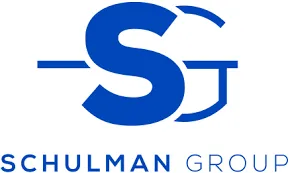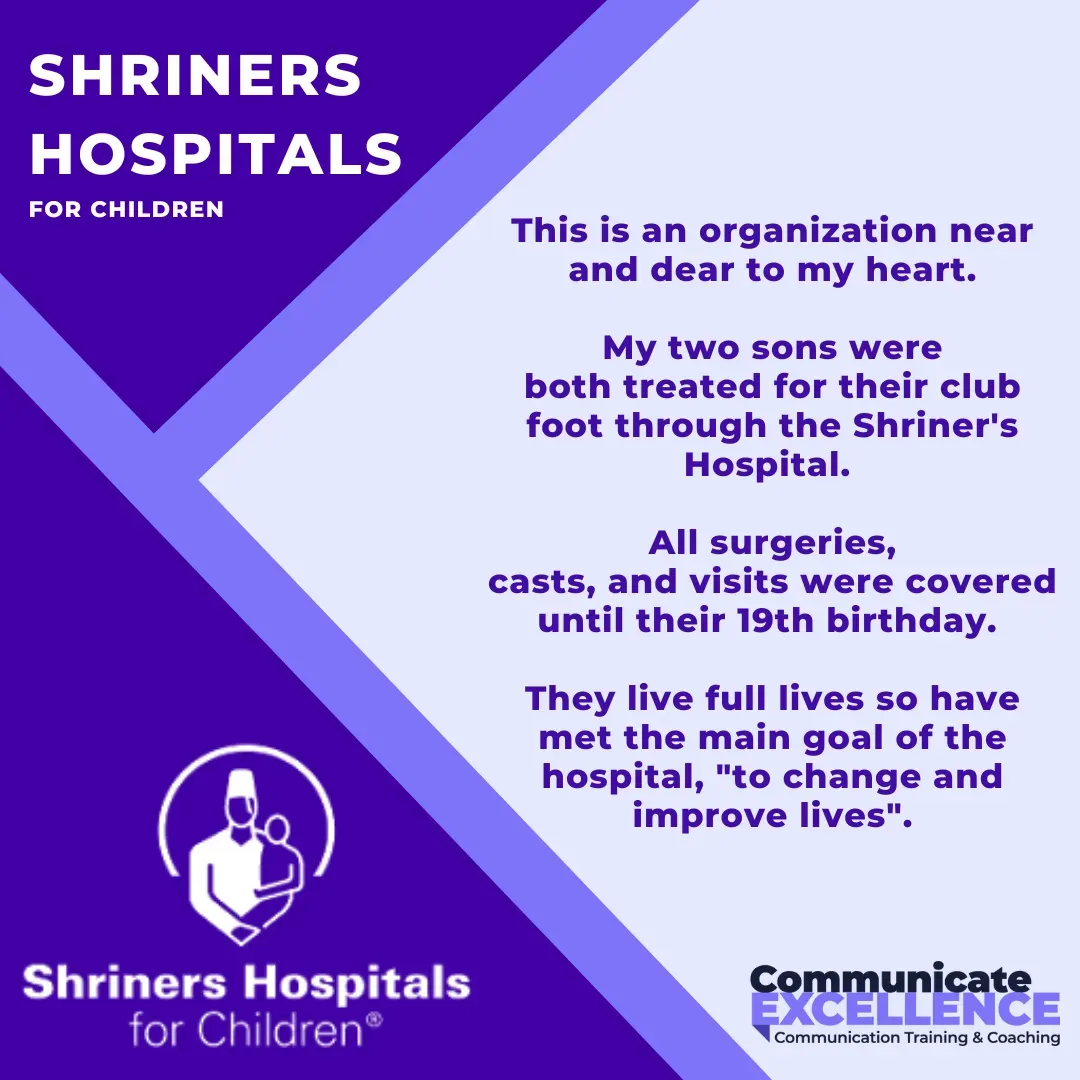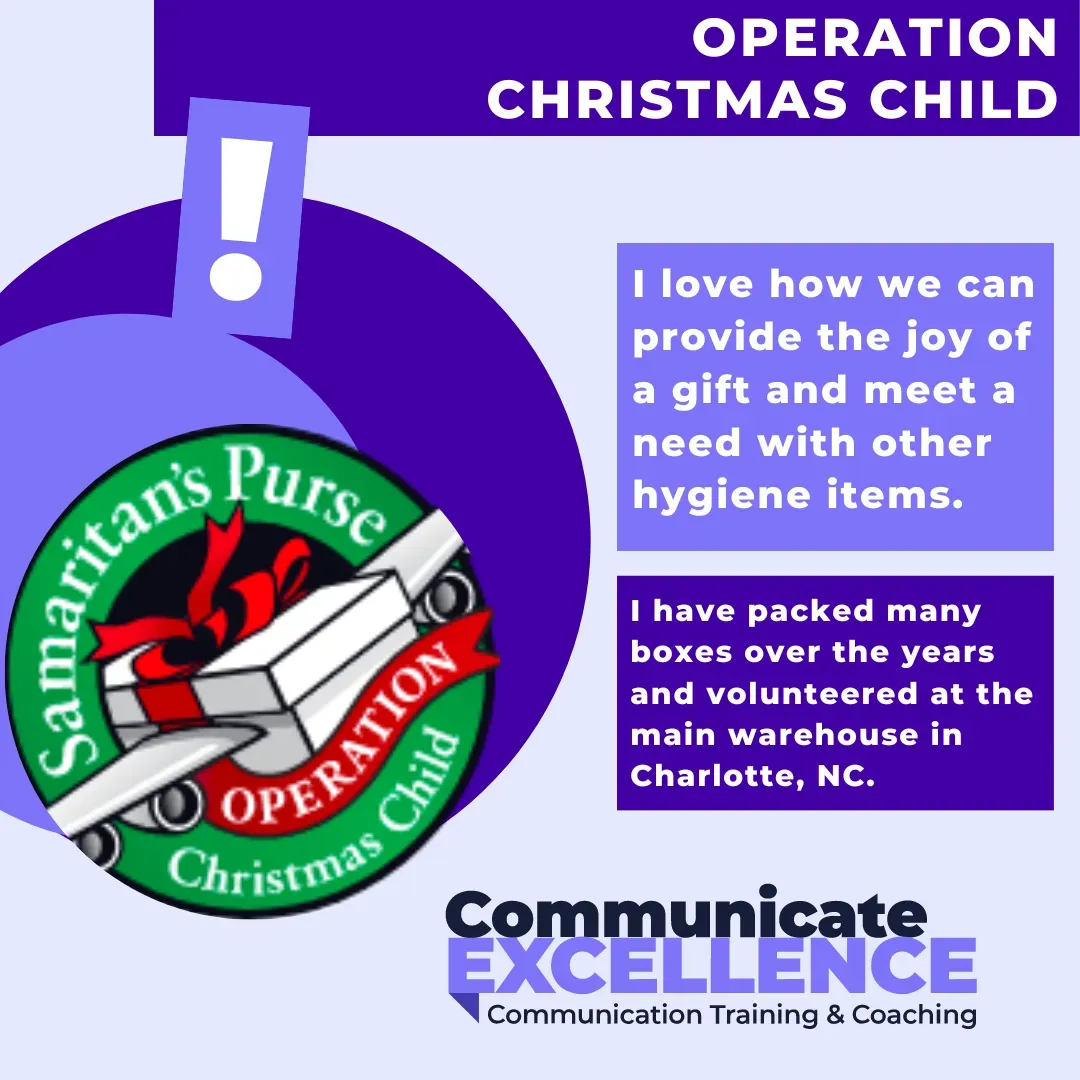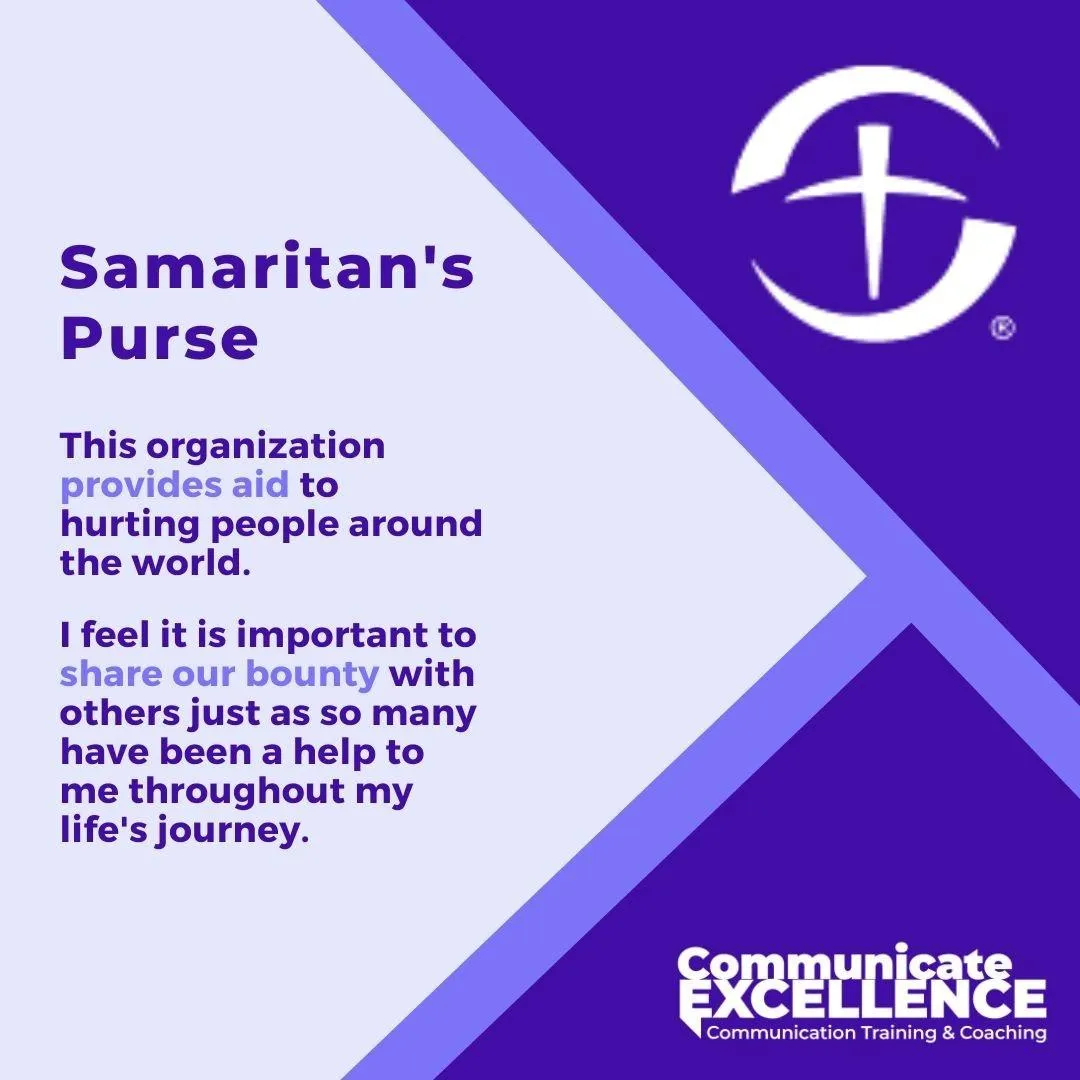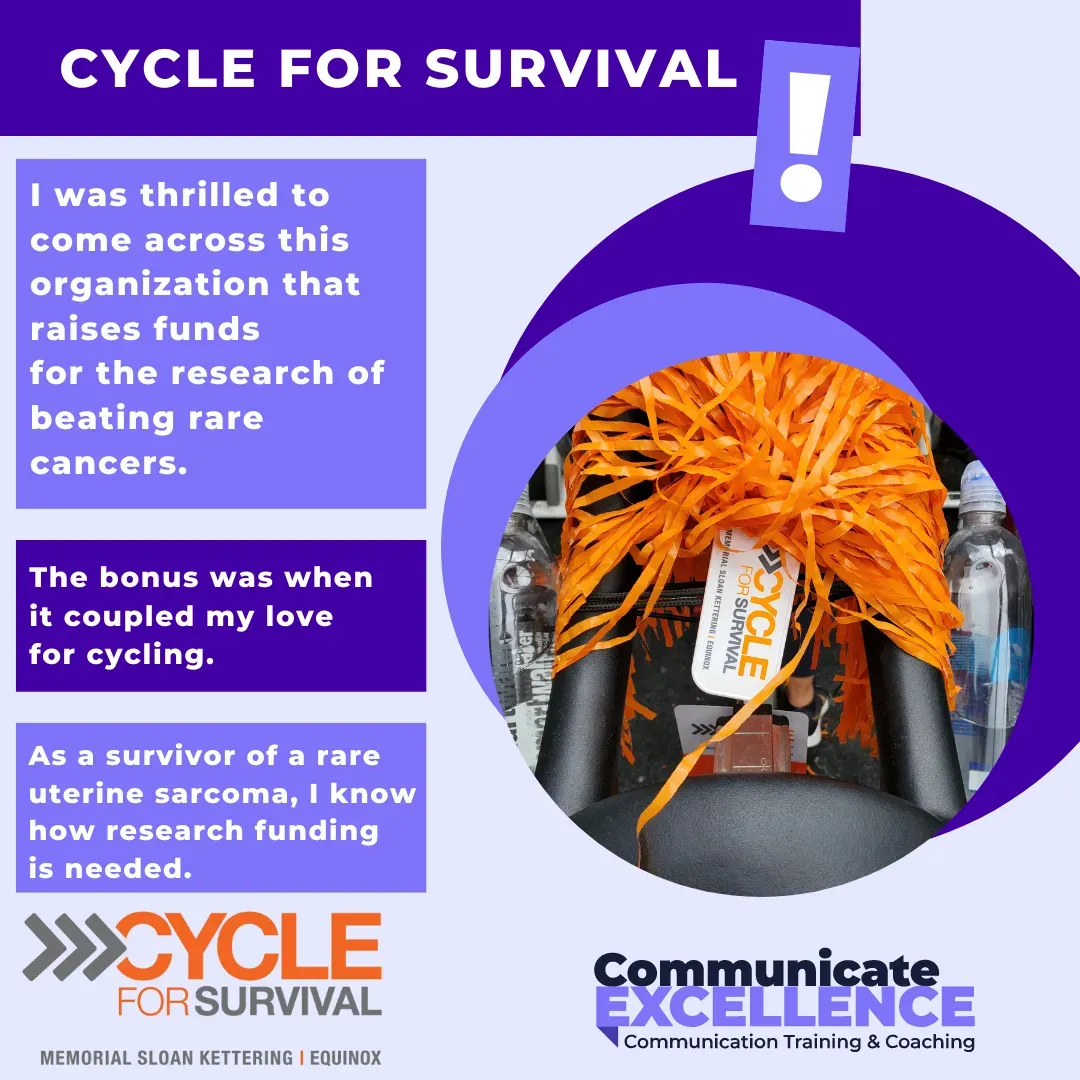Hi! I'm Amy Demas
Let me show you how my past will empower the practice of your future.
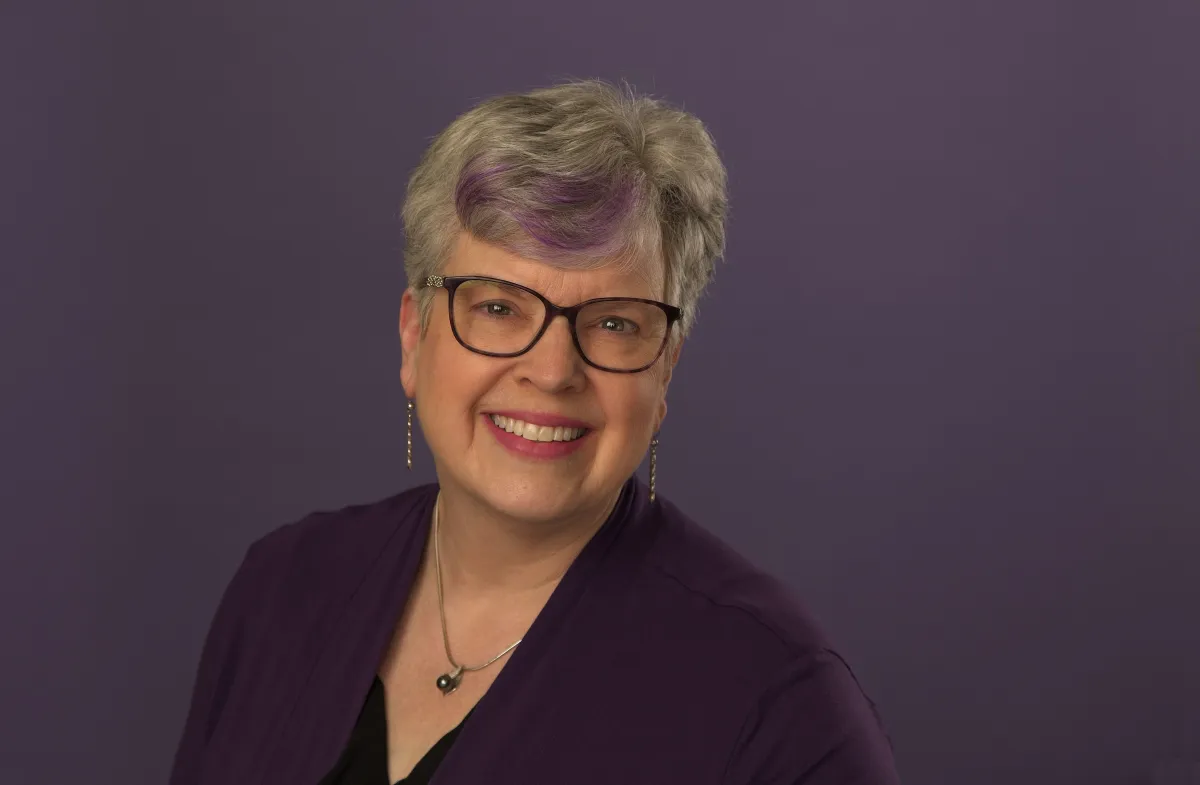
Hi! I'm Amy Demas
Let me show you how my past will empower the practice of your future.
Why am I the best coach for your team?
Worked as a Vice President at Bank of America
Awarded over 56 U.S. Patents for statistical and process development work
Earned Green Belt Six Sigma certification
Inventor of the Year at Bank of America in 2008
Received Distinguished Toastmaster title and am an award-winning communication evaluator
One of the first 1000 women to ever attend the United States Military Academy
Received a BS in Mechanical Engineering from
Missouri University of Science & Technology
Earned an MBA
I am here to help you deliver superior customer service, streamline communication and save thousands of marketing dollars by establishing better relationships with patients.
I am so proud to be recommended by 100% of Doctors AND Staff
I believe in establishing trust among doctors, their staff and patients and instilling confidence in front desk employees. No more “gotcha” calls or walking on eggshells.
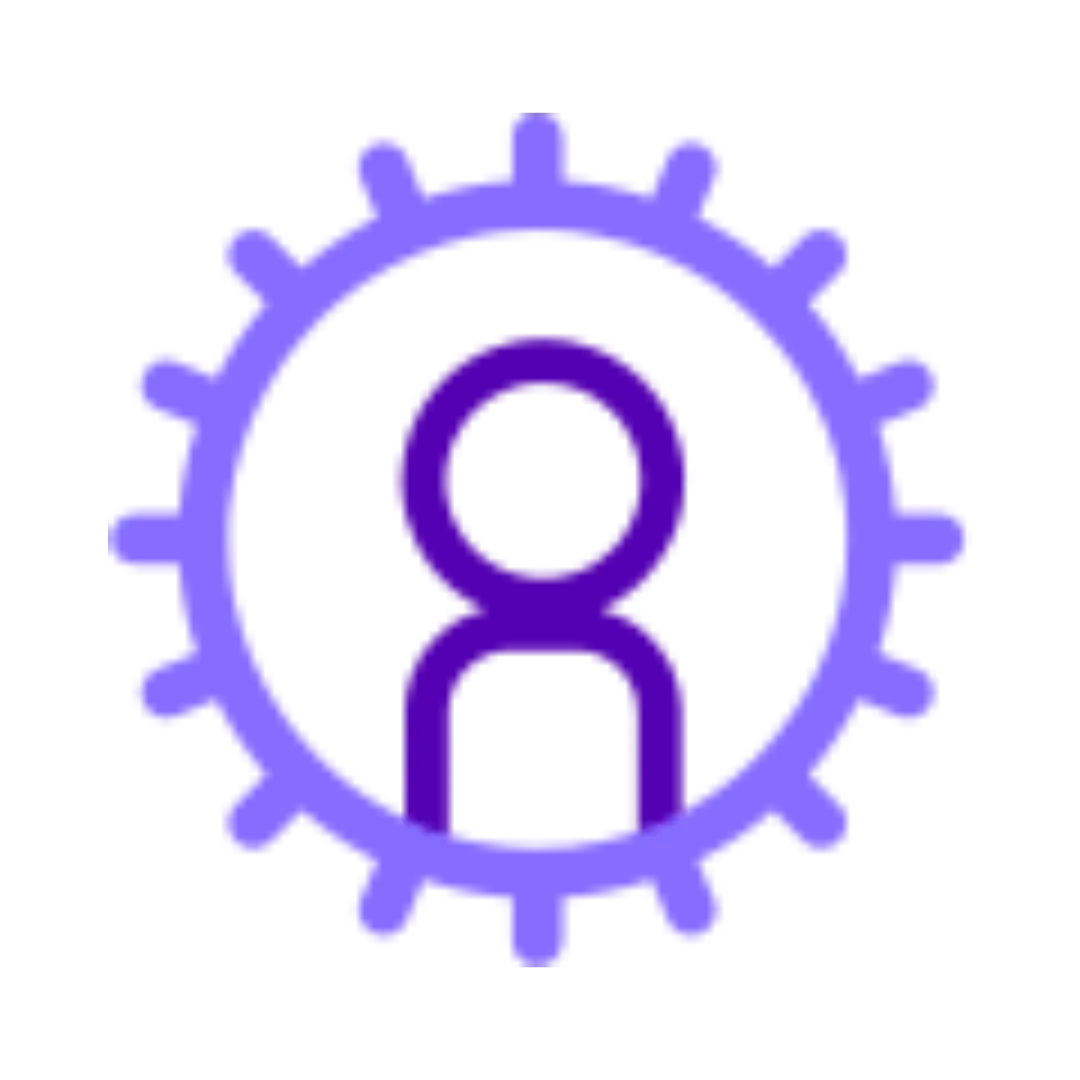
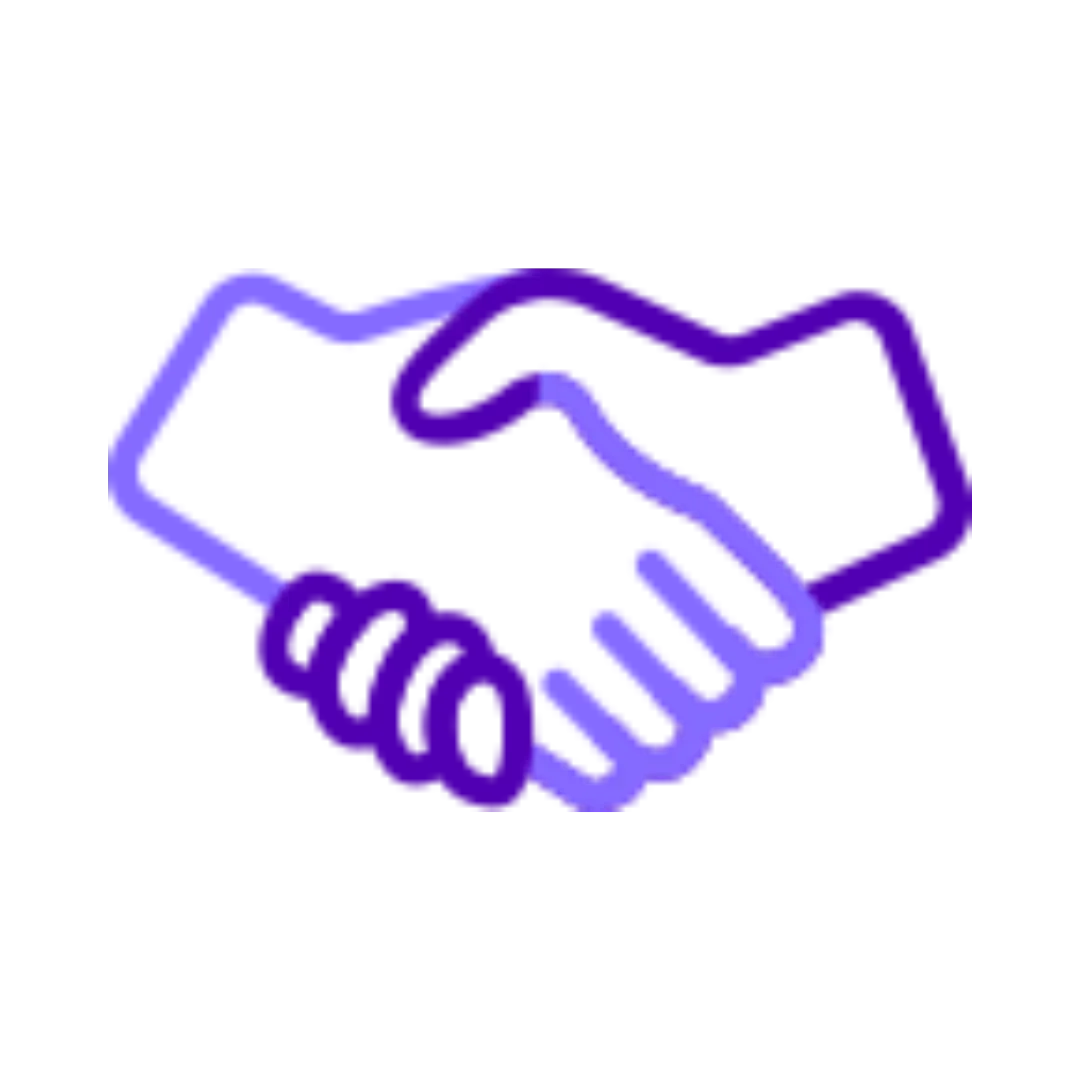



Accountability
Respect
Trust
Honesty
Expertise
I would highly recommend her coaching program to any practice looking to enhance their patient communication!
Dr. Lance Miller, Keene Orthodontic Specialists
Preferred Provider For:
As a bonus for being a member of these organizations you will receive a discount on my services.
Schulman Group leaders say
“The Schulman Group is pleased to call Amy Demas/Communicate Excellence one of our valued preferred consultants and a huge advocate for our educational programming efforts. Her "can do" attitude has served the group in many capacities over the years…..as a consultant, as a program speaker and most recently served as moderator for our Doctor and Team Meeting. As speaker and consultant, Amy offers invaluable insight on communication skills for all orthodontic team members and has helped a number of our members streamline and improve office interactions with patients.”
Emily, Mari's List says
"Amy Demas is a shining star when it comes to training front desk staff, scheduling coordinators and treatment coordinators. She truly communicates excellence. Mari's List feels confident endorsing Amy because of her long history of exceptional professionalism and glowing reviews from our members."


Hear from Amy
HOW TO WORK WITH ME

Phone Coaching
Telephone skills training for efficient and impactful first impressions with your receptionist and front office team.
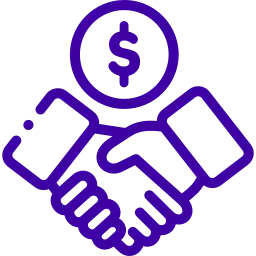
Sales Coaching
Treatment Coordinator communication training for consultations to adapt, read the room, and win the start.
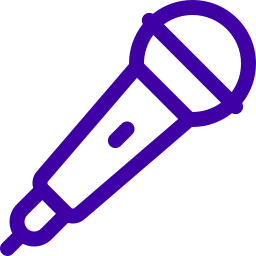
Workshops & Keynotes
Book me for your team or appreciation event you are running to provide customer experience training.
Join my mailing list for regular inspiration, tips and techniques to share with your team.
Watch my short video on the 5 Types of Questions as a welcome gift.
Did you know there are different types of questions? Annoyingly, we often default to the question type that doesn't actually help move us towards our goal.
Take a few moments to watch my short video and you'll learn a few of the different types so you can be more conscious of your speaking habits and bring the correct question type to the situation at hand.
Do share this video with the rest of your team to help them make the same change - it's my little thank you for having you join my mailing list.


What is the Impact of Stress on Performance?
Is there an impact of stress on performance? Yes; of course. You may think it is always a negative impact but that is not always the case. We actually need some stress in order to reach our ideal performance.
The stress we are talking about today is when it is too high and for too long. In that scenario, performance falls off.
How do we minimize the impact of too much pressure? First, we need to understand the correlation of stress to performance.
Inverted-U Model or Yerkes-Dodson Law
The Yerkes-Dodson Law correlates the impact of stress on performance. It illustrates there is an ideal amount of stress where the best output is achieved.
Without enough stress, boredom sets in and output is low. Conversely, with too much stress, anxiety sets in, and performance again is low.
Here is a fascinating thing, the inverted u-curve is not static. It is dynamic. We can help shift the curve for our teams with continued practice and mastery of skills.
What this means for us and our teams is that we can handle more stress before performance degrades. That is great news!
Skill Mastery and Margin
Another benefit of skill mastery is it provides margin for any “shrinkage” of performance. Let’s face it, sometimes we are in survival mode and barely keeping our head above water.
If we have expanded our skills and habits then should we have a temporary slip, there is margin to absorb it without negative impact on the customer experience.
Survival Mode Warning Signs – Watch Your Metrics
So how do you know if your team has been in survival mode too long? Watch your metrics and perk up your observation skills for the following warning indicators:
Increase in longer calls
More calls beginning with an immediate hold
Customers expressing increased frustration
Politeness and courteous tone dropping off
Take Action
Finally, do something! Ignoring the issue doesn’t make it go away. Some action steps you may need to take include:
Hire additional help
Incorporate more practice to master skills
Teach stress management skills
Your team, customers, and your business will thank you!
Our Clients' Experiences




